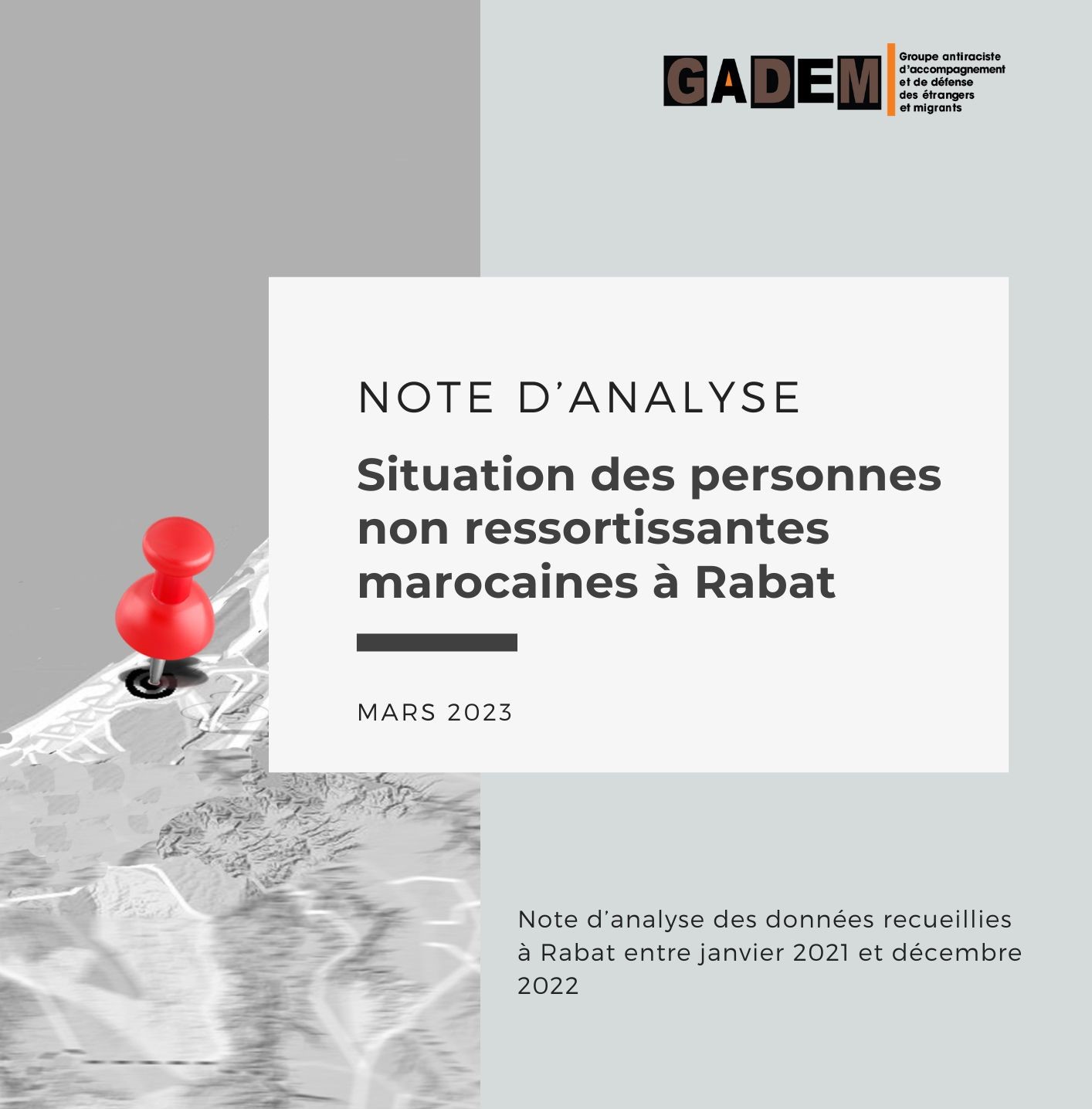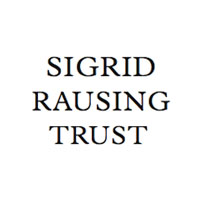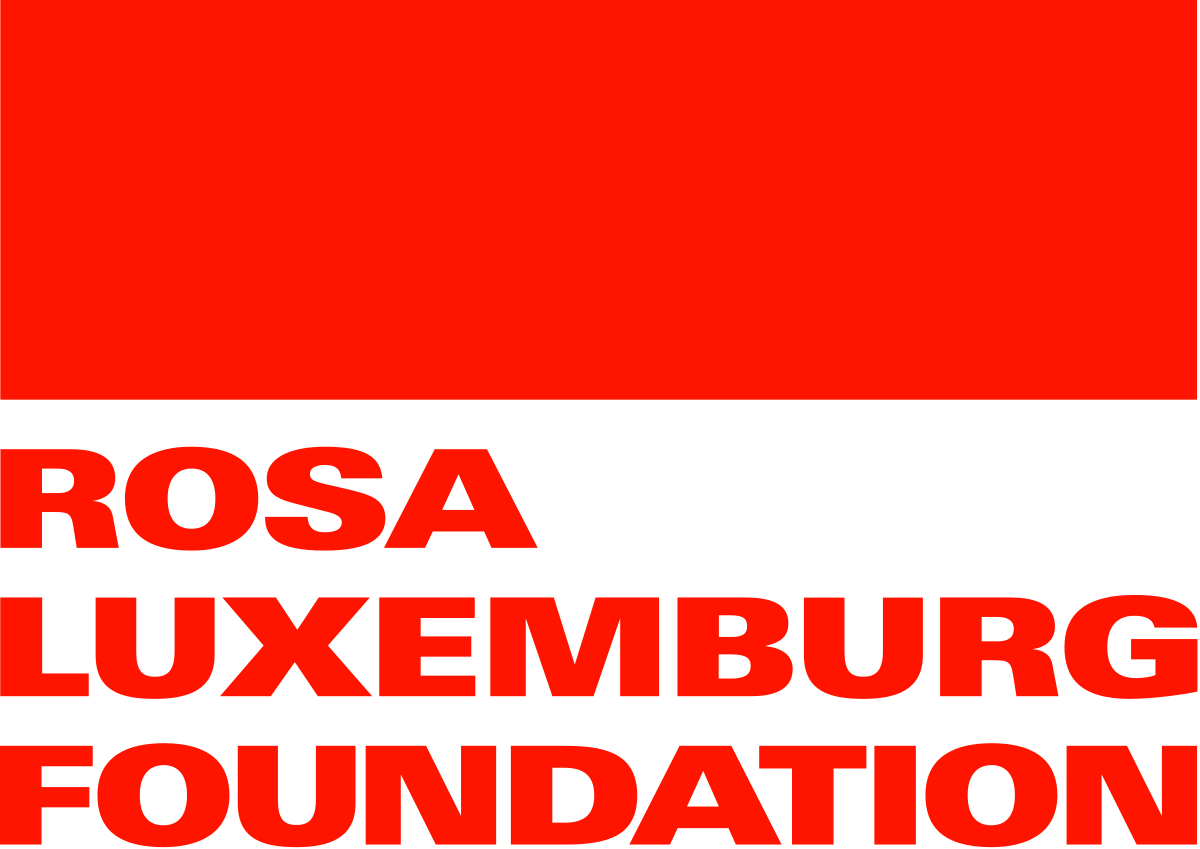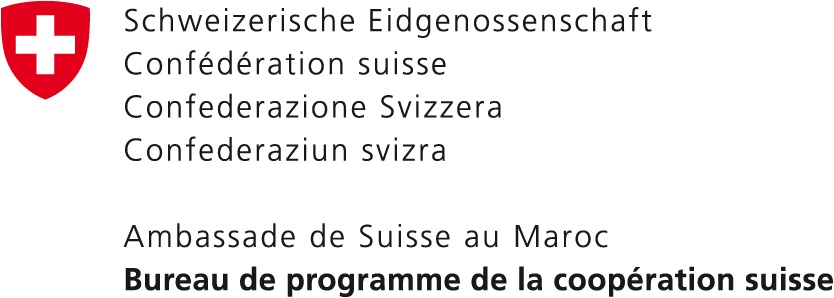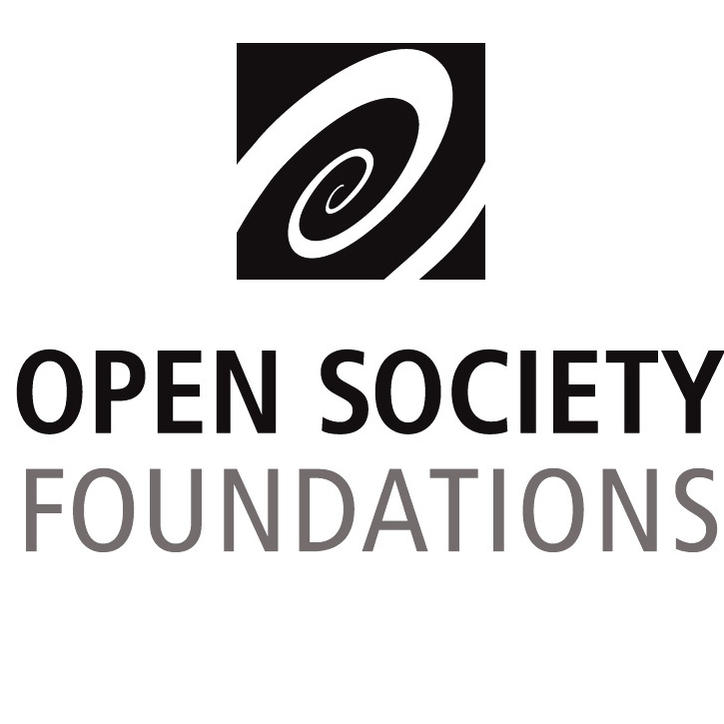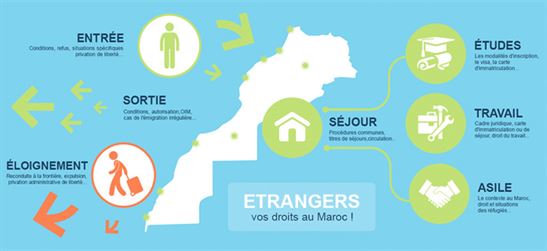Call us : +212 (0)537-770-332
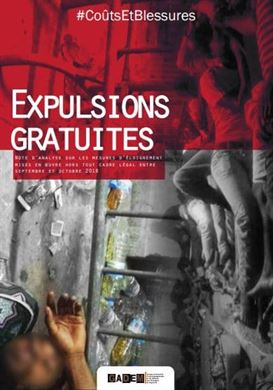
Since the publication of our report “Costs and Injuries – Report on Law Enforcement Operations in Northern Morocco between July and September 2018”, the situation of Moroccan black non-citizens has further deteriorated, as attest to the many testimonies collected in this note “Free Expulsions”.
In September, we denounced the collective and forced displacements of black foreigners from northern Morocco – and the proximity of the borders with Spain – to southern cities, under conditions seriously prejudicial to the rights and physical integrity of people concerned, including minors, women and persons eligible for international protection. Two people died violently during forced displacement to the south, without the authorities clarifying the circumstances.
These violent incidents continue and are now accompanied by measures to remove the territory from any legal framework. All testimonies converge to describe a contempt of Moroccan black non-citizens and their rights. The physical conditions of these detentions (restricted access to food and toilets, lack of sleeping arrangements, daily violence, reprisals for resistance to removal measures, numerous wounded and sick people left without assistance) are a shame for the Kingdom. In addition, there are systematic violations of the rights of individuals: without notification of their continued detention, the persons whose testimonies we have collected are often detained well in excess of the maximum period provided for by law. They could not challenge their detention or the expulsion measures against them. Deprived of lawyers and interpreters, they have access to their consular representatives only to facilitate their deportation.
This double repressive dynamic challenges the whole of civil society on the will of the Moroccan authorities to implement in fact the “new humanist migration policy”, announced in 2013 but which has not kept its promises. What is worrying, beyond the fever that seems to have seized the police when it comes to their relationship with black outsiders, is the fact that the current legal order, with all its flaws in our eyes, being scorned by those who claim legality and respect for public order. It was believed that the current legislation was a legal SMIC, we discover that its meager procedural safeguards do not stand up against the targets quantified tracking – daily quotas of arrests or evictions denounced by some testimonies – ongoing, based on more openly racist criteria.
While GADEM, in unison with activists committed to the free mobility of people, has long called for the reform of Law No. 02-03 – the essentially repressive nature of which is well established – we can only rise against the way the current law is flouted. Such an attitude of the authorities is similar to a “state nihilism”, it is also part of a migratory context also tense by the new media interest in the question of nationals trying to join Europe in an irregular way – phenomenon that the Moroccan press has started to describe as “hrig” since this summer. However, the tragic consequences of the Royal Navy’s use of lethal bullets against boats trying to cross the Strait of Gibraltar add to the current climate of tension: the death of a young Moroccan national on 25 September, several gunshot wounds the same day and again, on October 9, as we finalize this note. The proof is thus made, of what disastrous way, of the solidarity of destiny of the Moroccan and foreign nationals vis-a-vis a repressive policy which affects the one-es and the others, notwithstanding the categories erected to divide them and put them in competition.
As we recalled in our previous report, “Morocco plays a dangerous and contradictory game between an extremely repressive and violent policy against foreign and migrant people present on its territory, a role of” leader “of the migration file within the African Union, and a position it is trying to maintain firmly against Spain, the European Union and other Member States. As for all stakeholders in the “New Migration Policy”, five years after its launch, the time has come for clarification. Either the Kingdom, which has reinstated the African Union in 2017, is determined to assume its role of African “leader” on migration issues, by making itself the spokesperson for an “Africa of Peoples”, based on


